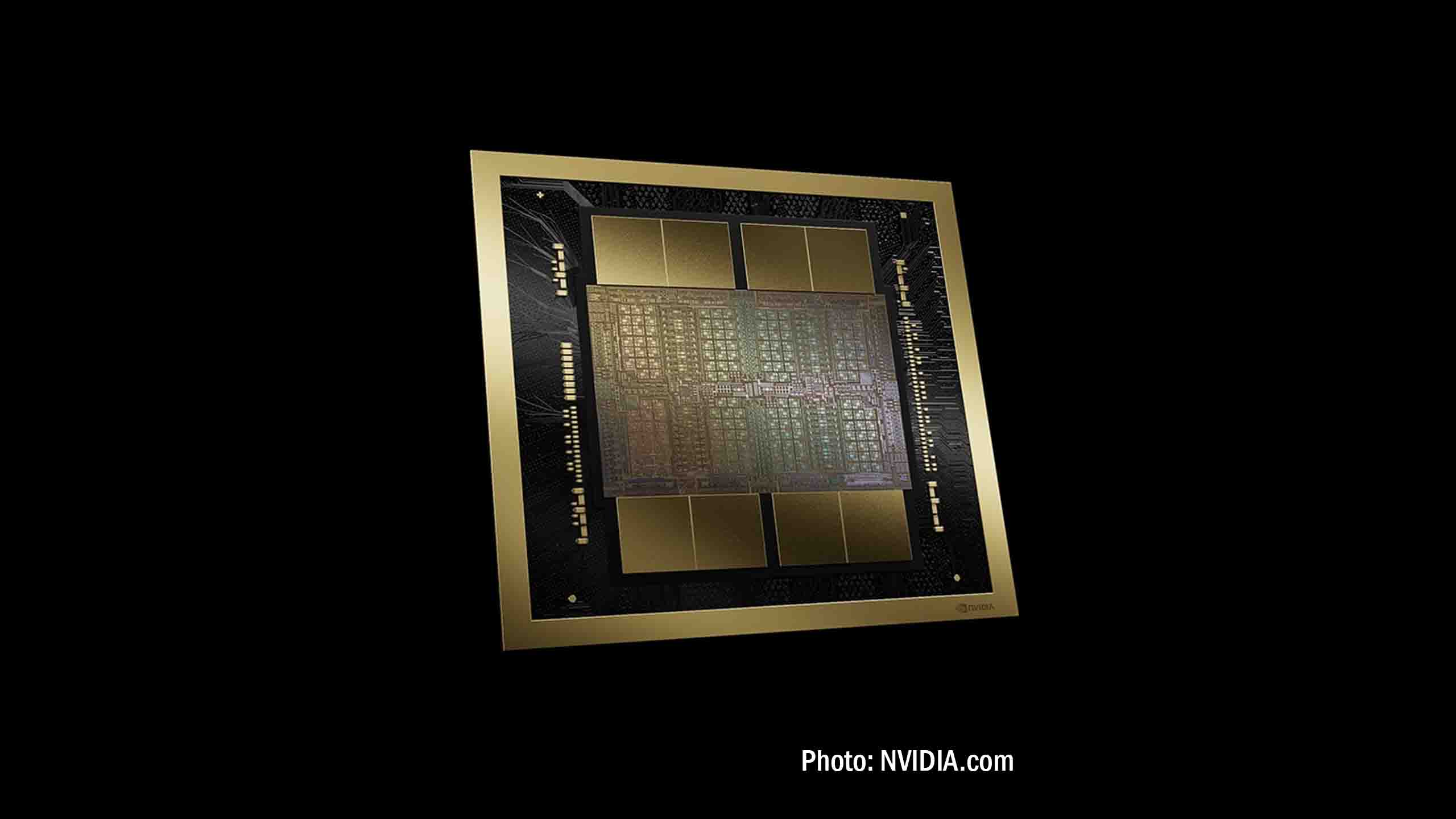A new chapter in the US-China tech rivalry may be unfolding. Following a recent signal from President Donald Trump, Nvidia’s CEO Jensen Huang could find a path to a highly coveted market. The potential for China to gain access to Nvidia-made Blackwell AI chips is on the table. Still, it’s a prospect that comes with a significant condition: strict limitations on their capabilities.
A Conditional Offer: Trump’s Proposal for Nvidia
US President Donald Trump has indicated that Nvidia might be permitted to sell a less potent version of its new Blackwell AI chip to China, provided the company reduces its power compared to the initial design. The objective, he explained, is to diminish a significant part of the chip’s performance, ensuring it adheres to current US export regulations.
According to Bloomberg, Trump told reporters on Monday that he was willing to make a deal with the chipmaker to sell a reduced version of its Blackwell processor. He clarified that this would involve lowering its performance by 30 to 50 percent.
The Balancing Act: National Security vs. Market Access
His remarks suggested an impending meeting with Jensen Huang, Nvidia’s CEO, to continue discussions on the subject. Currently, the Blackwell design is Nvidia’s most sophisticated offering in its AI chip range, and it’s frequently used to create and operate advanced AI models.
Nevertheless, it is classified as a high-end processor, which the US government has forbidden from being sent to China. These restrictions by the US government are intended to stop China from acquiring technology that could be used in advanced AI systems for military or surveillance purposes.
The Unorthodox Revenue-Sharing Model
Trump’s comments followed a different agreement that his administration has already finalised with Nvidia. As part of this deal, the company will be able to sell its H20 AI chip, a less powerful model than the Blackwell, to China.
In return, Nvidia will give the US government 15 per cent of the earnings from those sales. A comparable agreement was also offered to AMD, a competing chipmaker, for its MI308 processors. This type of revenue-sharing arrangement is uncommon in the technology sector, as it primarily permits sales to proceed in return for a direct payment to the US Treasury.
Those who support this method claim it ensures America gains financially from any compromises. However, certain experts warn that it could undermine the initial reasoning for export controls, which is to limit China’s access to sensitive technology completely.
China continues to be an important market for both Nvidia and AMD, even with stricter regulations. In recent years, export limitations have significantly cut their profits from the area, compelling them to create custom chips that adhere to regulatory boundaries while still being attractive to Chinese buyers.
The Struggle to Find a ‘Sweet Spot’
The difficulty is in striking the right balance: a product that is potent enough to sell but not so powerful that it breaches US regulations. Following new restrictions from the US government, imposed earlier this year, Nvidia verified it was creating another chip for China.
🚨 BREAKING 🚨
NVIDIA just announced Blackwell.
The most powerful GPU in the market.
Main features:
– AI Superchip, 208B transistors
– 2nd Gen Transformer Engine: FP4/FP6 Tensor Core
– 5th Generation NVLink: Scales to 576 GPUs
– RAS Engine: 100% In-System Self-Test
– Secure… pic.twitter.com/3MFehbK9qS— Sai Rahul (@sairahul1) March 19, 2024
The company also stated that the older H20 model, which uses the Hopper architecture, is no longer being developed, resulting in the focus now shifting to the Blackwell line. If Trump authorises the sale of a modified Blackwell chip, it may improve Nvidia’s prospects of keeping its position in China while adhering to US regulations.







